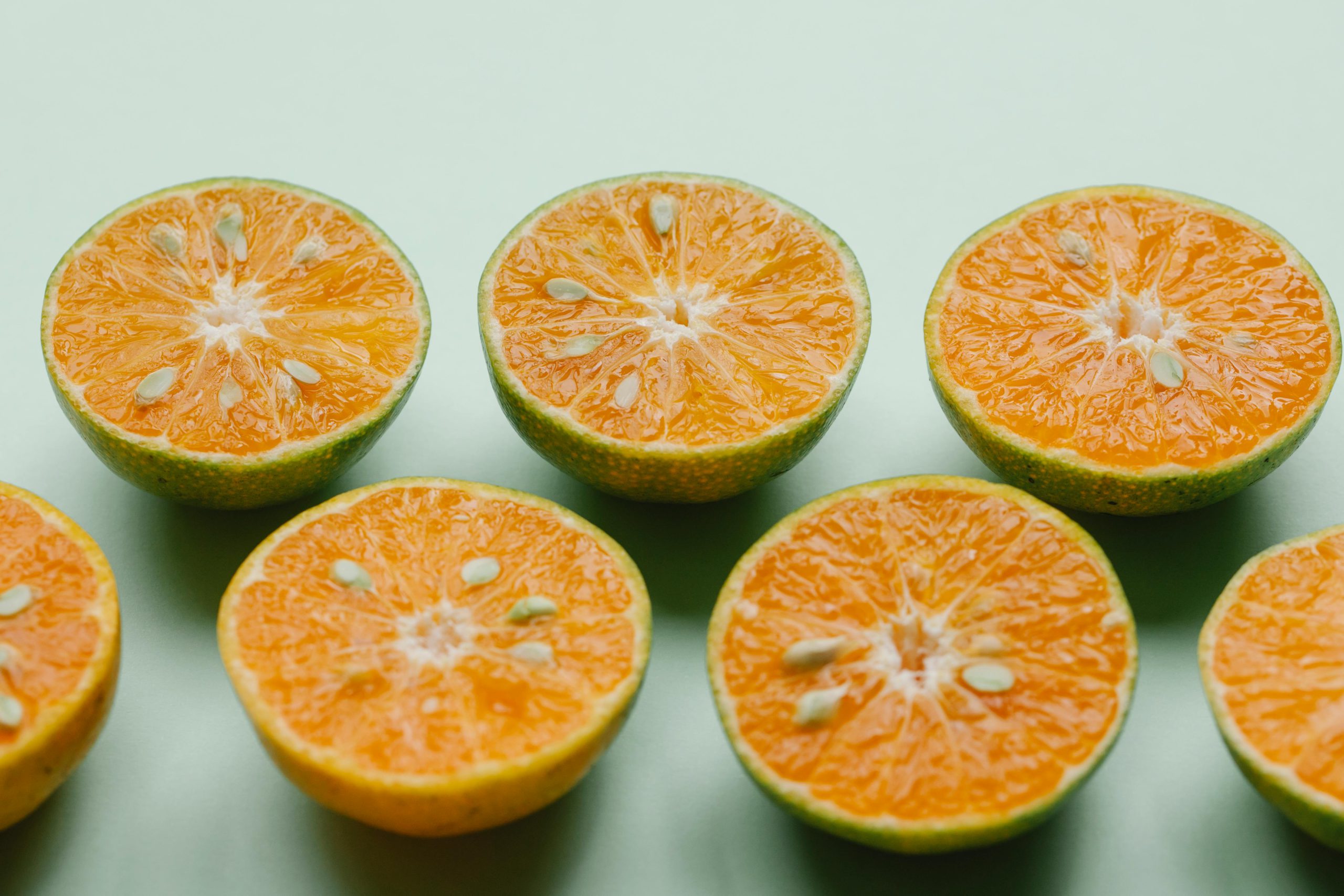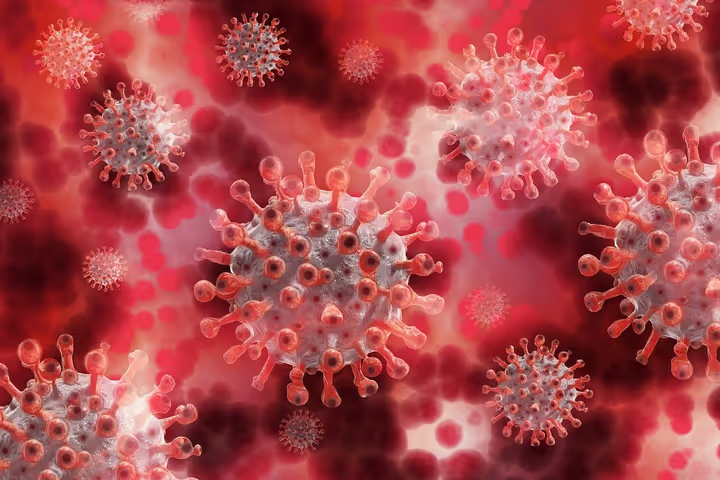
What to eat after a blood draw? There are many reasons you may have blood work done, including tests ordered by your doctor and donations to a blood drive. Within a few hours, most people are ready to resume normal daily activities. However, the right food after a blood draw can speed up the process and prevent an adverse reaction.
Continue reading to learn about what to eat after a blood draw, the timeline for your recovery, and the things you should avoid on the day of your test. And click here to book an appointment for that test.
How to Prepare for a Blood Test?
Blood tests can be stressful for some people due to common phobias like needles, blood, and medical procedures. Proper preparation can help ensure a smooth experience and minimize discomfort.
Stay Hydrated
Drinking plenty of water before your test increases blood volume, making it easier for healthcare professionals to locate a vein. Proper hydration also reduces the risk of dizziness and fainting.

Follow Fasting Instructions
Some blood tests, such as lipid and glucose panels, require fasting. Consult your doctor about fasting requirements and whether your medications (including OTC medications like aspirin) can be taken before the test.
Eat a Balanced Meal (If Fasting Is Not Required)
If fasting isn’t necessary, eat a meal rich in protein and carbohydrates before your blood test to maintain energy levels. This is especially important for blood donations, as it helps prevent lightheadedness.
What Are the Side Effects of Having Blood Drawn?
Most side effects of a blood draw are mild and temporary. These may include:
Bruising or bleeding at the extraction site
Lightheadedness or dizziness
Soreness in the affected arm
Fatigue
A hematoma (blood bruise) may develop in some cases. If it persists for more than a few days, consult a doctor.
What to Eat After a Blood Draw?
After a blood draw, replenishing essential nutrients is crucial. Here are the best foods to eat:
Iron-Rich Foods
Iron helps your body restore red blood cells. Good sources include:
Leafy greens (spinach, kale)
Fortified cereals
Lean meats (fish, poultry, eggs)
Vitamin C-Rich Foods
Vitamin C enhances iron absorption. Consider adding:
Citrus fruits (oranges, lemons)
Bell peppers
Strawberries
Protein and Carbohydrates
These nutrients help maintain energy and prevent fainting. Great options include:
Cheese and whole-grain crackers
Peanut butter with whole-grain toast
Nuts (walnuts, cashews, almonds)
Vitamin B12 Foods
Vitamin B12 aids in red blood cell and nerve regeneration. Try:
Eggs
Cottage cheese
Sardines

Hydration is Key
Water helps restore lost fluids and prevent dehydration. Avoid sugary and caffeinated drinks, as they can dehydrate you further.
How Soon Can You Eat After a Blood Draw?
Most people can eat immediately after a blood draw, especially if they had to fast before the test. If you feel dizzy, start with light snacks and drink water before consuming a full meal.
Foods to Avoid After a Blood Draw
Certain foods and beverages can hinder recovery:
Alcohol: Dehydrates the body and can increase dizziness.
Caffeinated drinks: May contribute to dehydration.
Sugary foods: Can cause an energy crash.
Processed and salty foods: May slow down hydration and recovery.
Tips for Managing Dizziness After a Blood Draw
If you experience dizziness, follow these tips:
Sit or lie down for a few minutes.
Take slow, deep breaths.
Drink water or a sports drink with electrolytes.
Eat a light snack before resuming activities.
Best Snacks to Pack for a Blood Test Appointment
If you’re heading to a blood draw, bring easy-to-carry snacks like:
Trail mix with nuts and dried fruit
Granola bars
Whole-grain crackers with cheese
A banana or apple
Special Considerations for Blood Donors
If you’ve donated blood, follow these additional recovery tips:
Avoid heavy lifting for 24 hours.
Eat an iron-rich meal within a few hours.
Drink plenty of fluids, preferably water or juice.
Avoid alcohol for at least 24 hours.
What Activities Should I Avoid After Having Blood Drawn?
After a blood draw, especially after donation, take it easy for a few hours. Avoid:
Intense exercise (running, weightlifting)
Heavy manual labor
Hot showers or saunas (which can increase dizziness)
Alcohol (for at least 24 hours)
How long does it take to recover after a blood draw?
Most people recover within a few hours. Drinking water and eating iron-rich foods can speed up recovery.
Can I drink coffee after a blood test?
It’s best to avoid caffeinated drinks immediately after a blood draw, as they can dehydrate you.
What happens if I don’t eat after a blood draw?
Skipping food after a blood draw may cause dizziness, fatigue, and delayed recovery. Eating a balanced meal helps restore energy.
Is it safe to exercise after a blood draw?
Avoid intense exercise for at least 24 hours, as it can lead to dizziness and prolonged bleeding at the extraction site.
Can I drink alcohol after a blood donation?
No, alcohol should be avoided for at least 24 hours, as it can interfere with hydration and recovery.
Conclusion
Eating the right foods after a blood draw can speed up recovery, prevent dizziness, and restore essential nutrients. Focus on iron-rich foods, vitamin C, and protein while staying hydrated. Avoid alcohol and excessive caffeine to support your body’s healing process. If you experience prolonged dizziness or bruising, consult a doctor. For a hassle-free blood test experience, book an appointment today!







